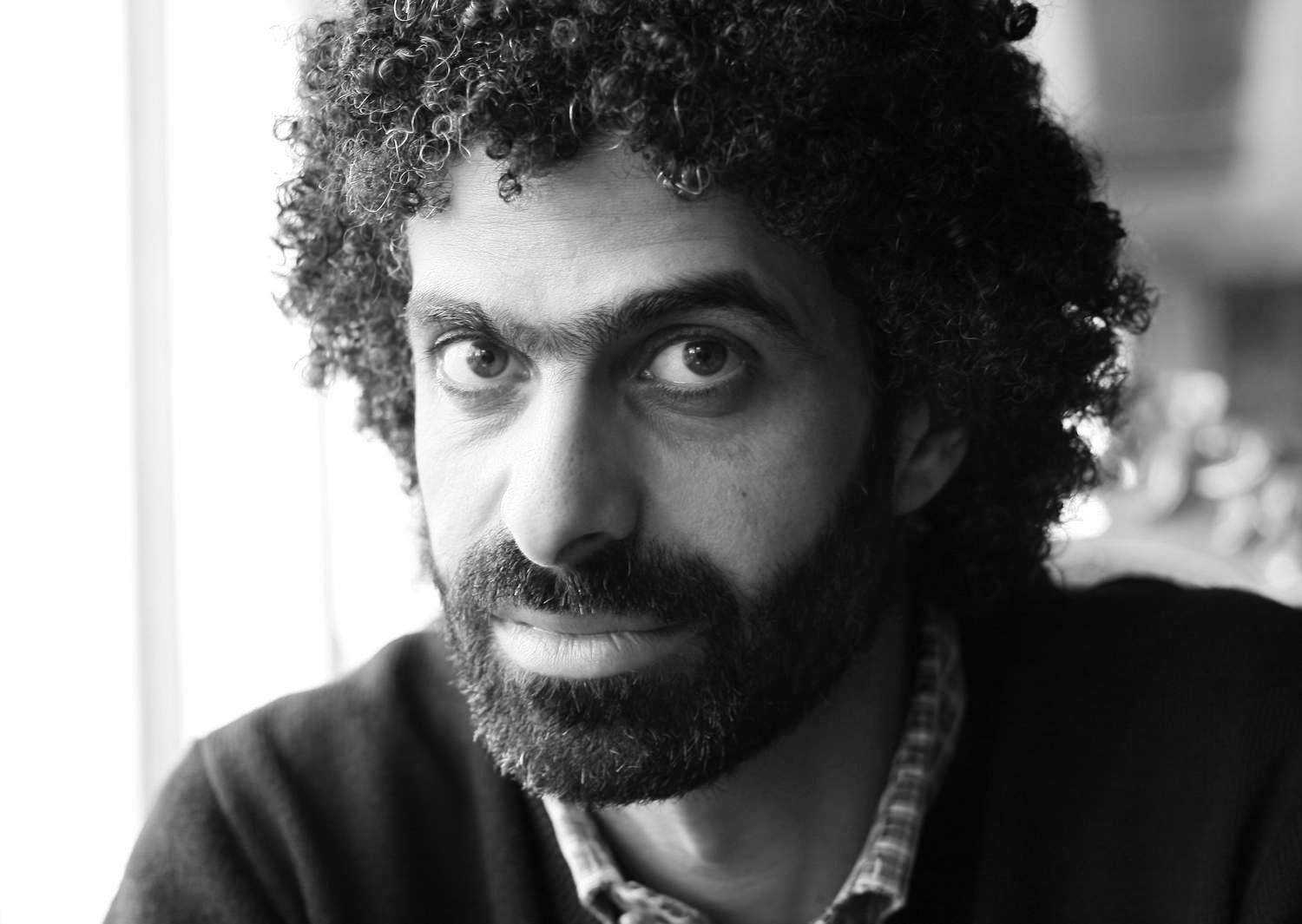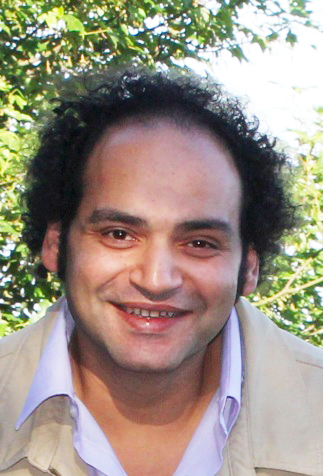By Nadia Jajja
KARACHI, Pakistan: The drums and trumpets are sounding, as the music of war permeates Pakistan’s English print and electronic media. Indeed, the death of Punjab Governor Salman Taseer has provided yet another opportunity to talk about things in terms of “us” and, of course, “them”.
Not a day has passed without a condemnation of the governor’s assassination, and a call to come out, take a stand, educate and change the direction of the wind that blows for the “feeble-minded, brainwashed” people that constitute Pakistan. Otherwise “we” will be doomed. “We” of course are the self-proclaimed liberals and progressives. Ironically, and unfortunately, this “we” is a minority silent for most of Pakistan’s six decades.
Who constitutes “them”? The answer is not straight forward, changing to suit the prevalent mood. “Them” could be the people who protested former Pakistani President and Prime Minister Zulfikar Ali Bhutto’s death sentence in 1979; “them” could be the party workers who took to the streets in 2007 and 2008 to bring down President Pervez Musharraf, widely considered by “us” as a harbinger of enlightened moderation and liberalism; “them” could be the 40,000 people who recently took to the streets to protest the possible repeal of the blasphemy law.
However, somehow “they”, despite being an overwhelming majority, can never ever be the true face of Pakistan. Case in point: the 40,000 people in Karachi who came out to protest against the repeal of blasphemy law were dismissed by one commentator as mere “madrasah [religious school] boys and party workers.”
Thus the commentaries churned out are fairly predictable. “We”, as usual, have awoken from “our” slumber and have resorted to taking the moral high ground with self-righteousness. Indeed, analyzing the tone and word choice that commentators use, it seems “we” stop just short of calling “them” a bunch of intolerant, vile creatures.
Meanwhile, hardly any parallel — no matter how poor the reference — has been spared to describe the plight of liberals and progressives in this country by local and foreign commentators, ranging from “endangered species” at risk from the “cancer of extremism”, to the Mohicans and the French Revolution.
But really, how can “we” be so naïve as to think that the intolerance demonstrated by Taseer’s assassin Malik Mumtaz Hussain Qadri did not exist before this incident, or does not stem from former President General Muhammad Zia ul Haq’s so-called “Islamization” policies of the 1980s.
Remember Ghazi Ilm-ud-din Shaheed in 1929, the inspiration for Qadri and his supporters, who with his friend flipped a coin to see who would kill a Hindu publisher of allegedly blasphemous material?
Remember the 1950s riots against the Ahmadis, a self-proclaimed Muslim sect whose legitimacy is questioned by the majority — so much so that they cannot obtain a passport unless they themselves declare that Ahmadis are non-Muslims?
In another two weeks’ time, Taseer’s death might be old news. If history is anything to go by, no one among “us” would have stood up for Aasia Noreen, the Christian woman Taseer supported, accused of blasphemy and sentenced to death. In fact, amid all the calls for war, I wonder if anyone has come out in support of her since his death.
The irony that continues to escape “us” is that it’s not the conservatives who pushed Pakistan off the deep end. It was “us” and our indifference to the rest of the country. Time and again, history has shown that “us” liberals are the ones who cowered and whenever there was a choice between politicking and principles, the former always won. Deep down “we” know the likelihood of bearing the brunt of policies undertaken, or rather not undertaken, by “us” liberals is miniscule.
Today we stand at a crossroads, and the path we choose will make all the difference. First we must break down the boundaries between “us” and “them” by becoming “one”. “They” are as much a people of this nation as “we” are and are as entitled to voice their opinion. Only when “we” accept their existence can we build on that. We can no longer be in a state of denial. To do that would mean staying at square one.
It will not be easy, but, as the ancient Chinese philosopher Lao-Tzu said, the journey of a thousand miles begins with a single step — in this case, acceptance.
Nadia Jajja is a desk editor at the Karachi-based monthly publication, The Herald. This article was written for the Common Ground News Service (CGNews), www.commongroundnews.org.



